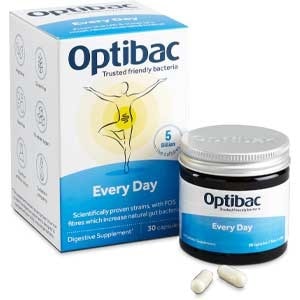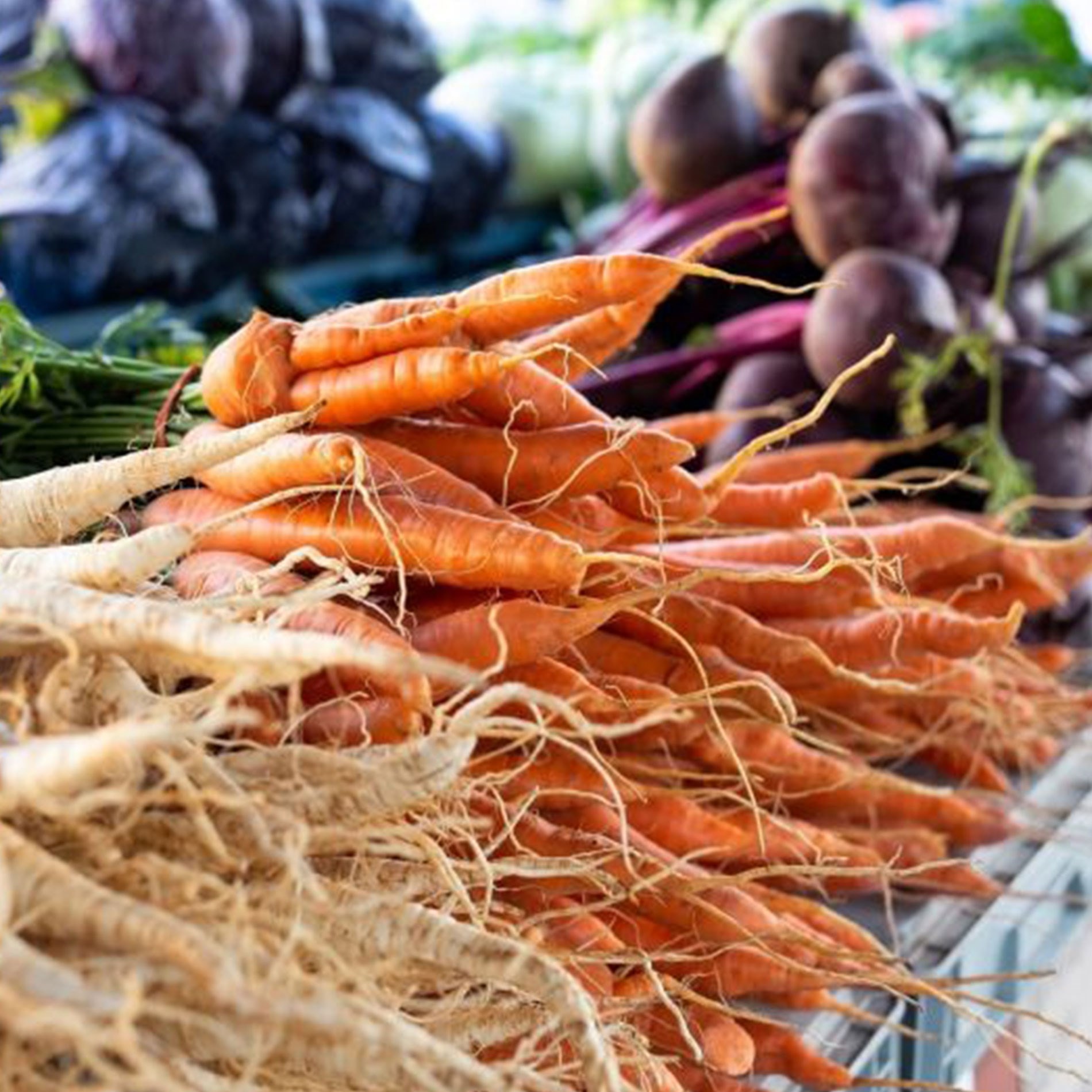- About Us
-
Help
Free 1:1 supplement advice
Not sure which supplement is right for you? Book a free, 15 minute telephone call with one of our nutritional experts.
Book your free consultationGet in touch (Mon to Fri, 9am - 5pm)
Customer Service: +44 (0) 1264 339 770
Order Enquiries: +44 (0) 1264 363 193
Contact us - Stockists
You are on the UK site
Hello US customer, you are currently shopping on the UK site. To ensure you are charged in the correct currency and receive accurate shipping costs, please switch to the US website and re-add your product to your basket.
You're away from FREE UK delivery Free UK delivery (applied at checkout) on orders over £10.00
You have qualified for Free UK delivery
Press & Awards
The Telegraph Likes Optibac for Rosacea
We're thrilled to have been featured in the Telegraph in an article discussing the benefits of diet and probiotics for individuals with rosacea. Expert nutritionist, Ian Marber, discusses how some nutritional advice for the management of rosacea can be fairly drastic and requires some considerable effort to stick with. Ian illustrates this point with the National Rosacea Society in the USA, who have an extremely extensive list of 23 food types which includes everything from avocados to foods containing histamines. Instead of cutting all of these food types from your diet at once, Ian recommends you "make changes systematically so you can assess what works". He says that this way, benefits can be assessed without a whole lifestyle change.

Friendly bacteria for rosacea
Ian Marber recommends that rosacea sufferers should also pay closer attention to their gut bacteria before making drastic dietary changes.
"In my clinical experience I found that tweaking the levels of bacteria in the gut had a positive effect on the typical rosacea inflammation. The first step is to get some good bacteria in the diet via fermented foods, including sauerkraut, miso soup and yogurt."
In the article Ian also recommended:
-
Identify "trigger foods" - foods containing dairy and drinking hot liquids, including soup, can both trigger rosacea so these should be avoided if they are a trigger.
- "Invest in a quality probiotic supplement" - Ian recommends our very own Every Day supplement, following his comment below. Good choice Ian!
"...I often advise clients with rosacea to make no other nutritional changes initially other than take a course of probiotics for at least 30 days. A decent quality supplement should contain various strains of Lactobacillus and Bifidobacterium so do check the list of ingredients."

- Reduce carbohydrate consumption - consuming excess carbohydrates and sugars can "exacerbate inflammation". Ian suggests that eating more "complex carbs with a little protein and vegetables should help stabilise glucose levels".
- Avoid sugar - this is standard nutritional advice for anything really. The hazards of sugar are well-documented and have been in the limelight for some time now. Ian recommends avoiding all obvious sources of sugar, which can trigger a flare up of rosacea symptoms.
- Avoid alcohol = not a popular recommendation this one, says Ian, but avoiding alcohol can help "greatly reduce [rosacea] flare ups".
- Fermented foods for skin health - The New York Post also recently discussed fermented foods and skin health. Their article highlighted Sofia Vergara's dermatologist who recommends that all her clients either incorporate fermented foods into their diet or take a probiotic supplement.
"If we have an unhealthy, unbalanced gut environment, toxins can be released into the bloodstream and cause inflammation throughout the body. This shift in gut flora, and the subsequent inflammation, can cause a flare-up in the skin of those who are predisposed to acne, eczema or rosacea." To find out more about rosacea visit the Probiotics Learning Lab page on acne and skin health.
Enjoy the read? Check these out:
Popular Articles
View all blogs-
Suitability03 Apr 2025
-
About Live Cultures02 Oct 2024
.png?lang=en-GB)



